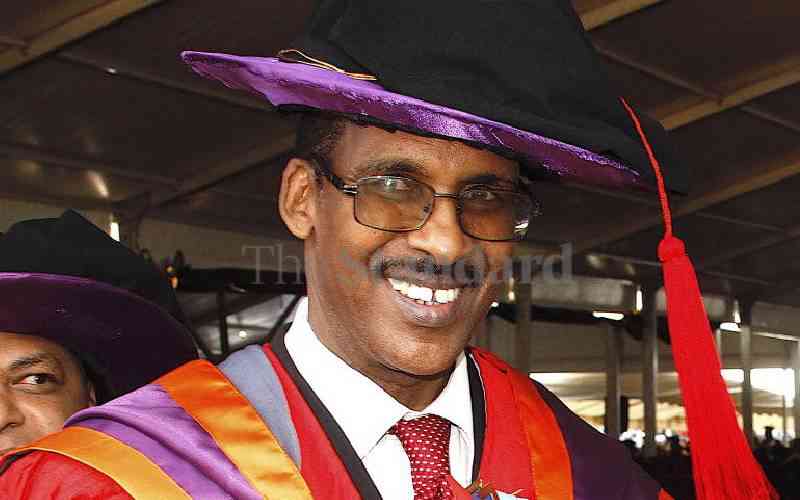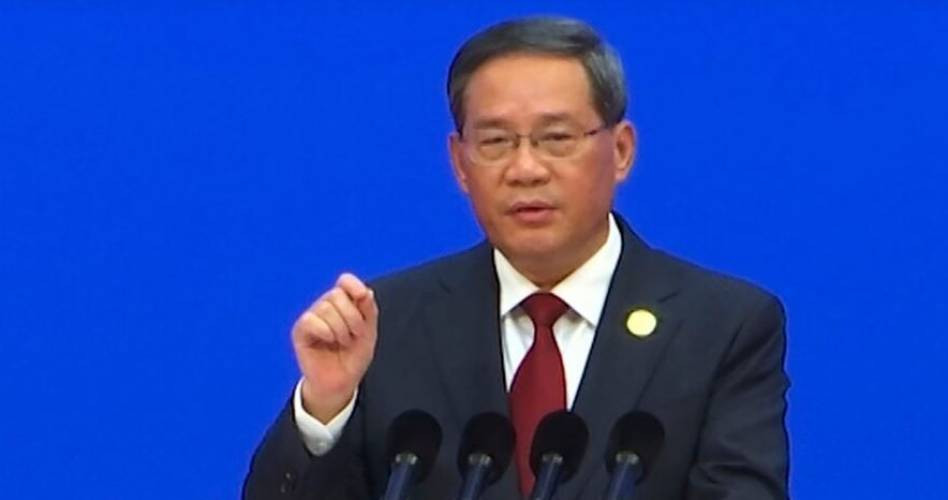The Kenya National Bureau of Statistics (KNBS) has released the 2014 Economic Survey Report. This yearly statement on the country’s economic performance paints a dismal picture of the economy which, contrary to projections, registered a marginal drop.
Kenya being a net importer, things are not made any better with the depreciation of the shilling.
Yet in direct contrast, other countries in the region are doing relatively well. Rwanda, for example, recorded a steady growth of 6.1, 7.5 and 7.8 per cent in the first, second and third quarters of 2014.
But even as the economy appears not to be doing well, nearly 800,000 jobs were created in the public and private sectors during the same period; increasing the number of people gainfully employed from 13.5 million to 14.3 million in 2014. Some sectors like mining, banking and building also showed positive growth as volumes increased.
The Jubilee coalition’s promise of a double-digit economy seems to be floundering. The question is; what happened that the economy should slow down.
Indications are that all the fundamentals for growth have not been right.
No one can begrudge Uhuru Kenyatta and William Ruto their triumph at the 2013 elections. Yet it is what they have done with the win that seems to be working against them.
In truth, the adoption of a winner-takes-it-all attitude is inimical to the interests of the country. It has seemed at times that the leadership is oblivious of the fact that nation building requires the input of all Kenyans irrespective of their political persuasions.
The Government has been at loggerheads with everyone; from the Opposition, to Governors, to teachers, to doctors and nurses, the Legislature, civil society, the Judiciary and even the media. These, often bruising battles saps the energy.
A few of the times the action of Government has been justifiable. Often, it has been unconscionable.
In truth, the basics of government are not working well; security, health, education and agriculture. A spate of terror attacks has undermined security dealing a blow to tourism, a key foreign exchange earner.
There is scarce good news on health, education, agriculture sectors.
With travel advisories from key tourist sources like Europe and America taking its toll on the industry, things can only get better.
Agricultural policies have antagonised farmers in Kenya’s bread basket region of the Rift Valley. Meagre offer price for the produce and poor storage facilities is pushing away farmers from the farms.
That is risky because it can only mean higher food prices. Little can be done about natural phenomena like lack of rain. Regrettably, we have done little to harness rain water and thereby move away from rain-fed agriculture.
Stay informed. Subscribe to our newsletter
The much-hyped 1-million acre irrigation project has all but stalled. Had it worked, it would have lessened the need for food imports and consequently eased the pressure on the local currency.
Yet the body politic remains the key ingredient that is not the right mix. Politics of exclusivity will not take the country forward.
Neither will attempts at politics of carrot and stick as seen in the appointment of politicians to the boards of parastatals under the guise of spreading around the national cake to disaffected areas.
 The Standard Group Plc is a
multi-media organization with investments in media platforms spanning newspaper
print operations, television, radio broadcasting, digital and online services. The
Standard Group is recognized as a leading multi-media house in Kenya with a key
influence in matters of national and international interest.
The Standard Group Plc is a
multi-media organization with investments in media platforms spanning newspaper
print operations, television, radio broadcasting, digital and online services. The
Standard Group is recognized as a leading multi-media house in Kenya with a key
influence in matters of national and international interest.
 The Standard Group Plc is a
multi-media organization with investments in media platforms spanning newspaper
print operations, television, radio broadcasting, digital and online services. The
Standard Group is recognized as a leading multi-media house in Kenya with a key
influence in matters of national and international interest.
The Standard Group Plc is a
multi-media organization with investments in media platforms spanning newspaper
print operations, television, radio broadcasting, digital and online services. The
Standard Group is recognized as a leading multi-media house in Kenya with a key
influence in matters of national and international interest.









